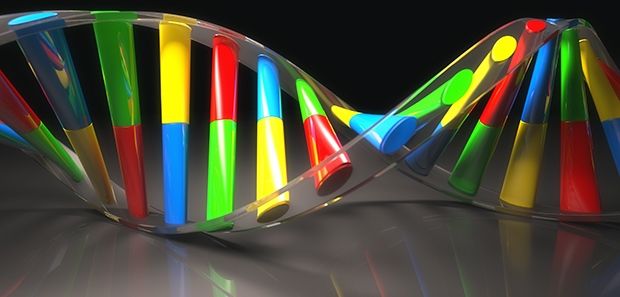
LONDON, Sept. 22, 2016 /PRNewswire/ — This report provides quantitative analysis and unprecedented level of insight into China’s RFID industry, analyzing the market by application, region, frequency band and value chain. The report develops a ten-year segmented market forecast. It also provides detailed profiles of 28 listed companies in addition to a further summary of 110 other Chinese RFID players. By 2025 the total RFID market in China will reach US$4.3 billion. This report provides a complete view of the RFID suppliers, value chain, applications and trends in China. It looks not only at the RFID manufacturing base in China, but also the applications of RFID in China, providing ten year forecasts by 13 application categories. IDTechEx has studied the RFID market globally for 15 years and this research builds on that knowledge in addition to new research carried out in Chain by IDTechEx analyst Dr Xiaoxi He. Over 150 RFID companies have been identified.
China already has 85% of the world’s RFID manufacturing capacity, being a major exporter of tags. In addition, the second generation National Identification Card project in China is the largest RFID order by value and China is delivering it by using Chinese-only resources almost exclusively. Thanks to strong support by the government, China has used RFID widely on applications ranging from library assets to train tickets, and as China becomes a leader in manufacturing in most segments — from cars to planes — it will fuel increasing demand for RFID in manufacturing and many other industries.
As RFID is increasingly being deployed around the world (IDTechEx expect that over 8.5 billion tags will be sold globally in 2015 versus 7 billion in 2014), suppliers are in the process of shaving off fractions of a cent from each inlay, particularly for passive UHF. That means picking up and moving manufacturing base to China in some cases. There have also been other, relatively new entrants that by strong investment (including acquisition) have gained a relatively high market share from nothing in a few years, examples being Arizon RFID and Shangyang, to name a few.
Continue reading “RFID in China 2015-2025: Forecasts, Players, Opportunities : Data and analysis of the technologies, markets and value chain” »

















